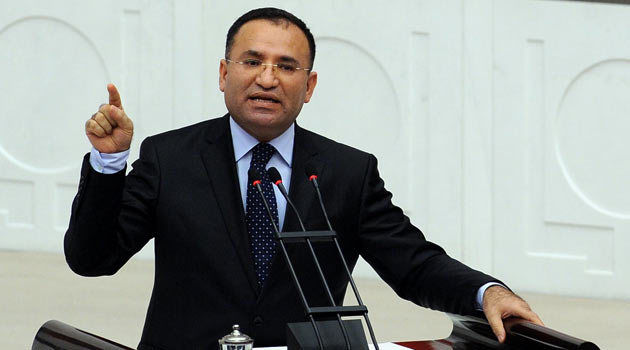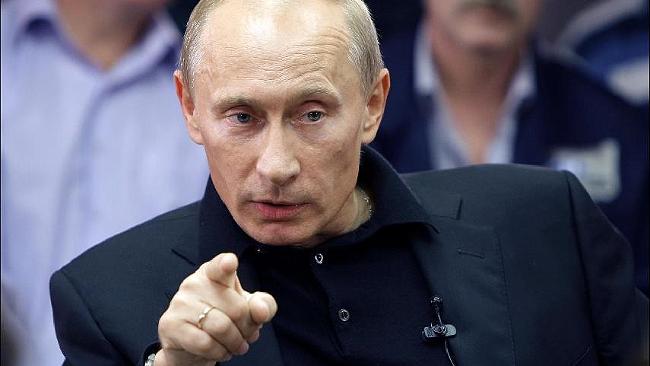Economist Derviş says Turkey has major role to play in EU
In an interview with world-renowned economist Kemal Derviş he encouraged Turkey to face west rather than east and added that Ankara had a major role to play in an EU that needs to transform itself.
Derviş said Ankara has a major role to play in an EU that needs to transform itself.
Kemal Dreviş is known to have been at the steering-wheel years ago when Turkey’s economy was in a very critical situation.
Some claim the principles and management structure/system he introduced at the time has been the basics for the success of AK PARTİ, running the country currently.
Derviş commented that Europe was on the verge of reshaping itself, meaning that Turkey should become proactive at drafting its own proposals on what a new European Union should look like.
He also added that the new shape that the EU is to take could provide new opportunities in Turkey’s relationship with Europe.
Derviş noted his concerns that Turkey was being pushed by some in the West to become more politically active in the Middle East. .
Editor, BTT
30.09.2012
WHO IS KEMAL DERVİŞ
Kemal Derviş (born 10 January 1949) is a Turkish economist and politician, and former head of the United Nations Development Programme. He was honored by the government of Japan for having “contributed to mainstreaming Japan’s development assistance policy through the United Nations.” In 2005, he was ranked 67th in the Top 100 Public Intellectuals Poll conducted by Prospect and Foreign Policy magazines. He is currently Vice President and Director of the Global Economy and Development program at the Brookings Institution.
When Derviş became Turkey’s minister of economic affairs in March, 2001, after a 22-year career at the World Bank, the country was facing its worst economic crisis in modern history and prospects for success were uncertain. Derviş used his independence from domestic vested interests and support of domestic reformers and civil society to push through a tough stabilization program with far-reaching structural changes and sweeping bank reforms that protected state banks from political use. Derviş also strengthened the independence of the central bank and pushed through deep structural reforms in agriculture, energy and the budget process. These reforms, and his reputation and top-level contacts in the U.S. and Europe, helped him to mobilize $20 billion in new loans from the International Monetary Fund and the World Bank. Rapid economic growth resumed in 2002 and inflation came down from an average of nearly 70 percent in the 1990s to 12 percent in 2003; interest rates fell and the exchange rate for the Turkish lira stabilized.
Derviş resigned from his ministerial position on 10 August 2002 and was elected to parliament on 3 November of that year as a member of the main opposition Republican People’s Party. (WIKIPEDIA)




